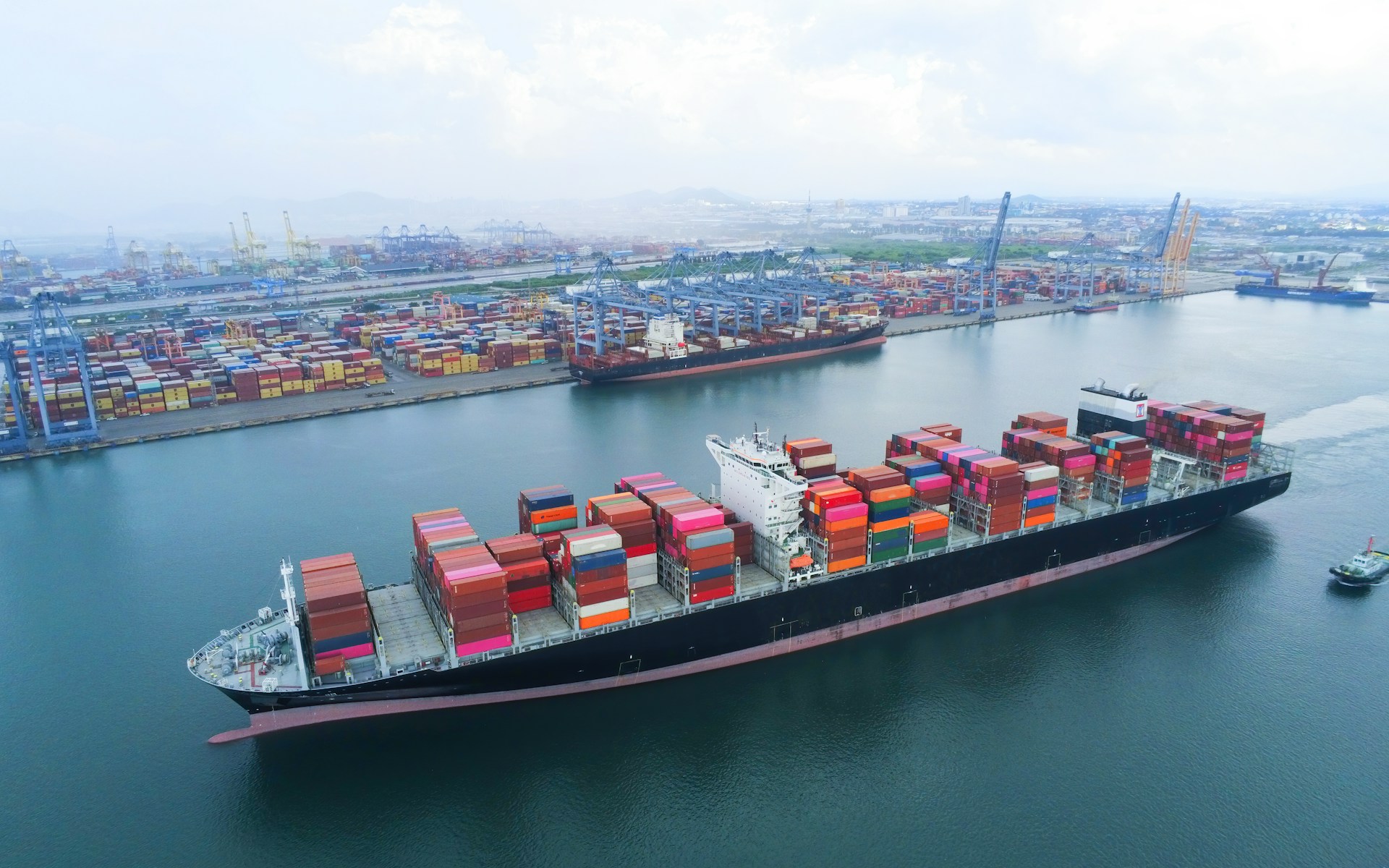Organizing international shipping can be tricky, right? It’s not just about sending a package—it’s about ensuring every detail is managed efficiently. If you want to avoid unnecessary headaches and deliver great service, here are a few things to consider for smooth operations.
Know Your Customs Regulations
Imagine your shipment getting stuck at customs because of a missing document. Frustrating, isn’t it? Customs regulations vary by country, and even minor mistakes can lead to delays, fines, or rejected shipments. For example, importing goods to the European Union requires an EORI number, proper HS codes, and detailed invoices. According to a study by the World Bank, streamlining customs procedures can reduce shipping delays by up to 47%. If you want to skip the hassle, partnering with customs brokers or logistics experts who know the ins and outs of international trade is a game-changer.
Streamline Your Supply Chain
A well-organized supply chain isn’t just a luxury—it’s essential. Let’s say you’re shipping seasonal goods to Europe. Delays in one part of the chain, like warehousing or last-mile delivery, can throw off your entire timeline and leave customers disappointed. Advanced tools like real-time tracking, predictive analytics, and warehouse management systems (WMS) can help keep everything running smoothly. For instance, predictive analytics can forecast demand spikes, helping you stock the right inventory in the right location, saving both time and money. Companies that adopt these technologies report up to a 20% increase in efficiency, as highlighted in a report by Deloitte.
Pick the Right Logistics Partner
Not all logistics providers are created equal. For example, imagine you’re shipping electronics to multiple destinations in Eastern Europe. A local logistics partner with expertise in the region’s infrastructure can make all the difference. Meest International, for instance, specializes in Eastern European markets, offering tailored IT solutions and streamlined processes. This kind of support ensures that even complex shipments arrive on time and in great condition. The right partner doesn’t just move packages—they help you scale your business globally.
Be Smart About Costs
Shipping expenses can quickly eat into your profits, but there are ways to optimize. One approach is to re-evaluate your packaging. For instance, switching to lightweight, recyclable materials can significantly reduce volumetric weight costs, particularly for air freight. Bulk shipping is another great option—consolidating smaller shipments into one larger container can lower per-unit costs. A real-world example? A mid-sized eCommerce company reduced shipping expenses by 15% by simply renegotiating contracts with regional carriers. It’s a reminder that even small adjustments can lead to substantial savings.
Focus on the Customer Experience
Customer satisfaction isn’t just about delivering on time; it’s about exceeding expectations. Offering flexible delivery options, such as weekend or evening slots, is one way to stand out. Transparency is another key factor. Did you know that 83% of online shoppers expect regular updates on their orders? (Shopify’s eCommerce Trends Report). Providing real-time tracking links and proactive communication, even during delays, can help build trust and loyalty with your customers.
Final Thoughts
International shipping might seem overwhelming, but with the right strategies—like staying on top of customs, optimizing supply chains, choosing reliable partners, and focusing on costs and customer satisfaction—it’s entirely manageable. And remember, every improvement you make benefits your customers and your bottom line.
Have a shipping story or a tip that’s worked for you? Share it below—let’s learn from each other!





